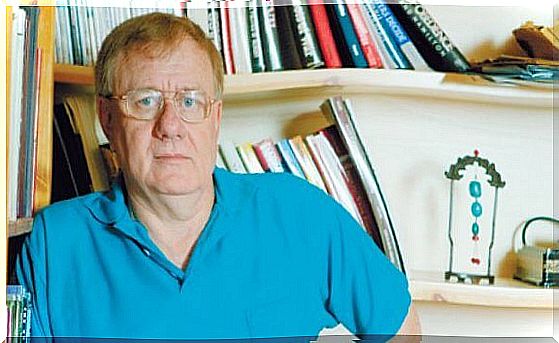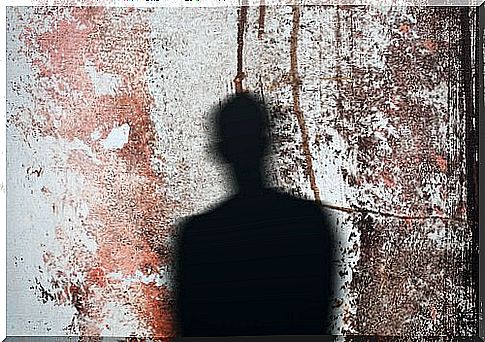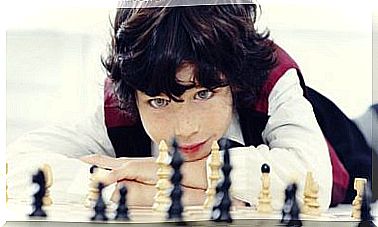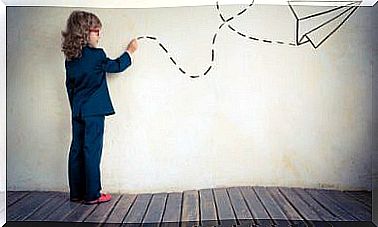Daniel Bar-Tal, A Life Studying Intractable Conflicts

Daniel Bar-Tal is an Israeli academic who was born in Tajikistan. He spent his childhood in Poland and later emigrated to Israel. Bar-Tal completed his studies at the University of Tel-Aviv and completed his doctorate at the University of Pittsburgh, United States. Later he returned to Israel where he developed his most important research
Among his merits, he highlights that Bar-Tal has been director of the Walter Lebach research institute for the coexistence of Jews and Arabs through education. He has also been president of the International Society for Political Psychology. Not forgetting that he was editor-in-chief of the Palestine Israel newspaper, receiving numerous awards for his research on peace and conflict in relation to psychology.
Although his work is extensive, some of his contributions should be highlighted due to their importance. First, his research work has focused mainly on the socio-psychological foundations of intractable conflicts. Second, paradoxical thinking stands out due to its relevance. Finally, more recently his work has focused on self-censorship.

Intractable conflicts
Intractable conflicts have been Bar-Tal’s main research topic. Within it are included even the works that are presented in the following sections. By intractable conflicts are understood those conflicts or wars that are maintained over time and whose solution does not seem to arrive or be guessed. These characteristics cause wear and tear in those who live immersed in this situation.
These people end up developing mental structures that allow them to reduce the consequences of conflict in their lives. These structures are made up of a collective memory that describes the beginning, progression, and major events that occurred during the conflict. An ethos or organized vision of the world that allows them to understand the context of the conflict and that guides their behavior. And a tendency to express particular emotions, that is, a collective emotional orientation.
Paradoxical thinking
A paradox is a strange idea opposed to what most consider to be true. Thus, according to Bar-Tal’s research, there is what is called paradoxical thinking. This kind of paradoxical thinking consists in explaining the absurdity of some ideas that seem obvious. In this way, if they ridicule our beliefs using paradoxes that expose our beliefs as something irrational and meaningless, we may consider our beliefs, even changing them.
Bar-Tal and his team demonstrated the power of paradoxical thinking can reduce beliefs and attitudes. The participants in their studies expressed less support for aggressive policies, as well as greater support for conciliation policies. Specifically, by reducing people’s ideas to absurdity, the warmongering that existed in some people in Israel was reduced.

Self-censorship
Self-censorship is the act of intentionally and voluntarily hiding information from others in the absence of formal obstacles. That is, when we know something and believe it to be true, but consciously hide it. Although human beings tend to share, communicate and disclose information, we also tend to maintain a positive image of our group. Consequently, if we obtain information that may damage the image of our group, we are likely to self-censor it.
According to Bar-Tal and his research team, the group context, individual factors, the type of information and circumstantial factors will influence self-censorship. In this way, people calculate the costs and benefits of each decision and face the dilemma that arises. The result of these personal considerations will determine if the person reveals the information, to whom, if they reveal only part or all of it or if they practice self-censorship.
In short, Daniel Bar-Tal has dedicated a life to research. Specifically, to the investigation of what he calls intractable conflicts. His contributions include the contributions to the mental structure of those who live in conflict, the power of paradoxical thinking to reduce extreme attitudes and the tendency towards self-censorship. All this without going into the multiple interventions that it has carried out with the aim of seeking peace in the Palestinian-Israeli conflict.









